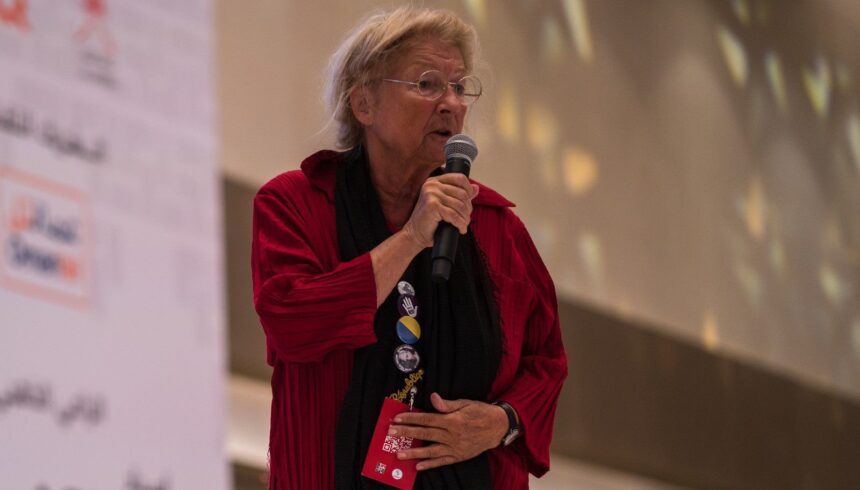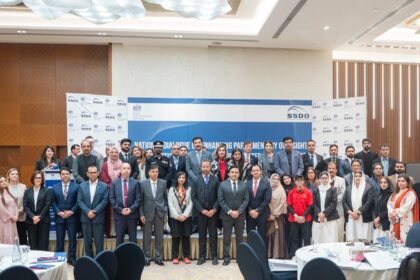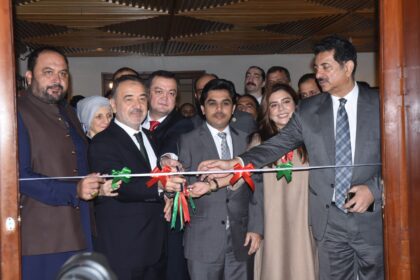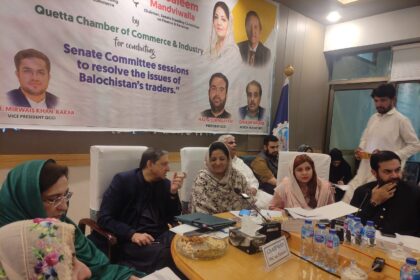Journalist Unions Condemn Criminal Cases Against Reporters in Punjab Despite New Protections
Journalist organizations in Pakistan and abroad have strongly condemned the recent criminal charges filed against two reporters in Punjab, arguing that these actions undermine newly strengthened legal protections for the press. The International Federation of Journalists (IFJ) and the Pakistan Federal Union of Journalists (PFUJ) have called for immediate withdrawal of the cases and warned of nationwide protests if their demands are not met.
The first case arose when Samaa TV reporter Zulfiqar Haider was accused by Gujrat’s Chief Executive Health Officer of obstructing government officials during an investigation into alleged corruption and poor conditions in the district health department. Police responded swiftly by registering a First Information Report (FIR) against Haider, invoking several sections of the Pakistan Penal Code, including charges of obstruction, assaulting a public servant, criminal intimidation, and unlawful assembly.
Three days later, journalist Muhammad Aslam in Vehari was charged under the Prevention of Electronic Crimes Act (PECA) for allegedly defaming and stalking officials online. His offense was reporting and sharing video evidence that a government-funded road in Vehari was being constructed with substandard materials, a claim that had already generated public concern in the area.
These criminal cases come in stark contrast to recent amendments passed in Pakistan’s Senate aimed at protecting journalists. The legislative changes to the Protection of Journalists and Media Professionals Act were designed to ensure media professionals can do their work without fear of retaliation. The law established harsh penalties—including imprisonment and heavy fines—for anyone found guilty of harassing, threatening, or impeding journalists in the line of duty.
However, media organizations argue that the prompt filing of cases against reporters proves the new legal framework is not being enforced. The IFJ described the timing of the cases as especially troubling, calling them “a transparent attempt to tighten the noose around critical journalism,” just days after the new protections became law.
The PFUJ echoed this criticism, denouncing both FIRs as “fake” and “malicious,” intended to suppress independent reporting. The union warned of a potential nationwide protest movement if the cases are not dropped.
Local journalist associations in Islamabad and Rawalpindi have also voiced their support for the affected reporters. They contend that Punjab authorities are selectively using laws to target journalists while overlooking genuine crimes committed against them.
Colleagues of Zulfiqar Haider believe his reporting on alleged financial mismanagement and corruption within the Gujrat health department led directly to the FIR as a form of retaliation. In Vehari, community members say the poor quality of the road construction project had already sparked local complaints before Aslam’s investigative reporting.
Journalists in Punjab say these incidents send a discouraging signal: despite new laws promising greater protection, authorities are still quick to penalize those who shine a light on official wrongdoing instead of addressing the issues themselves.











